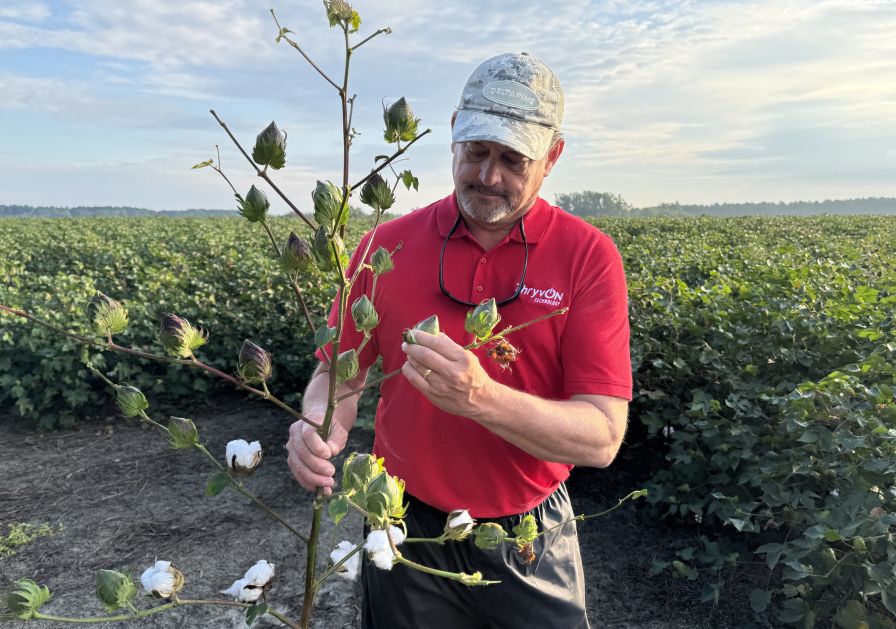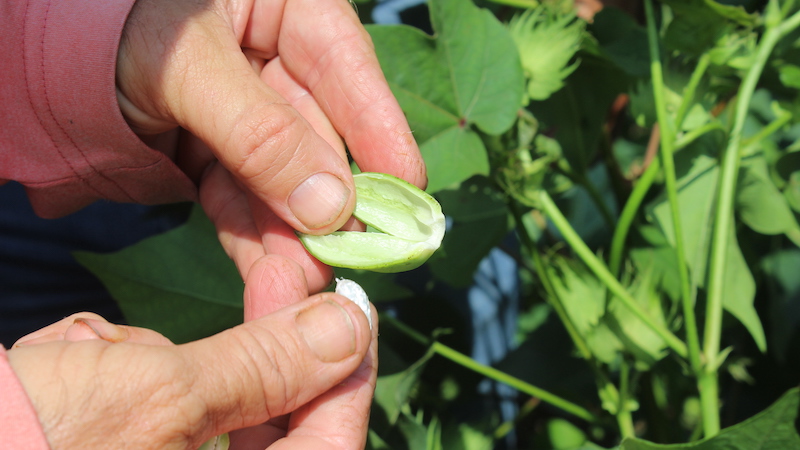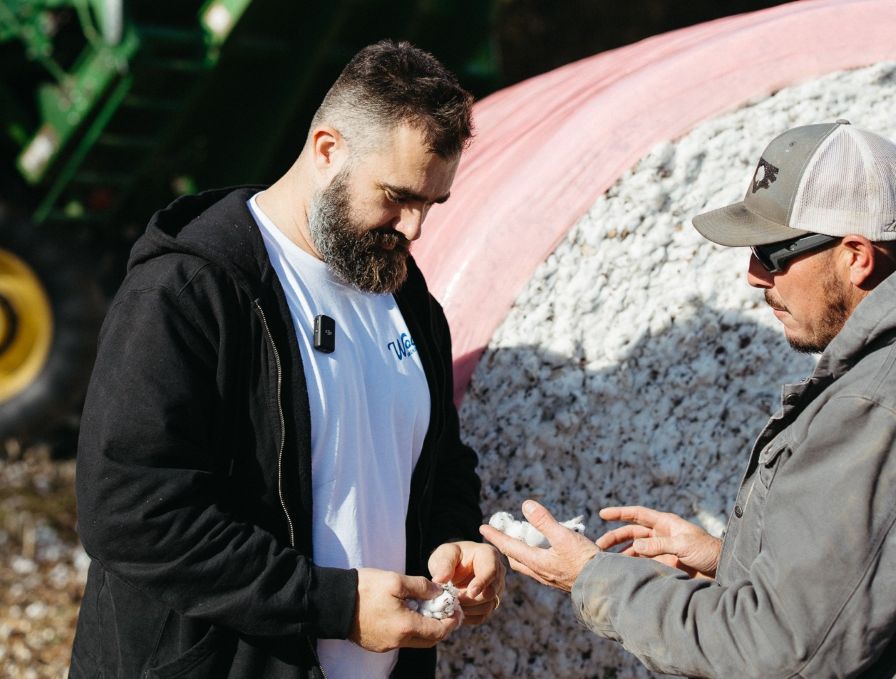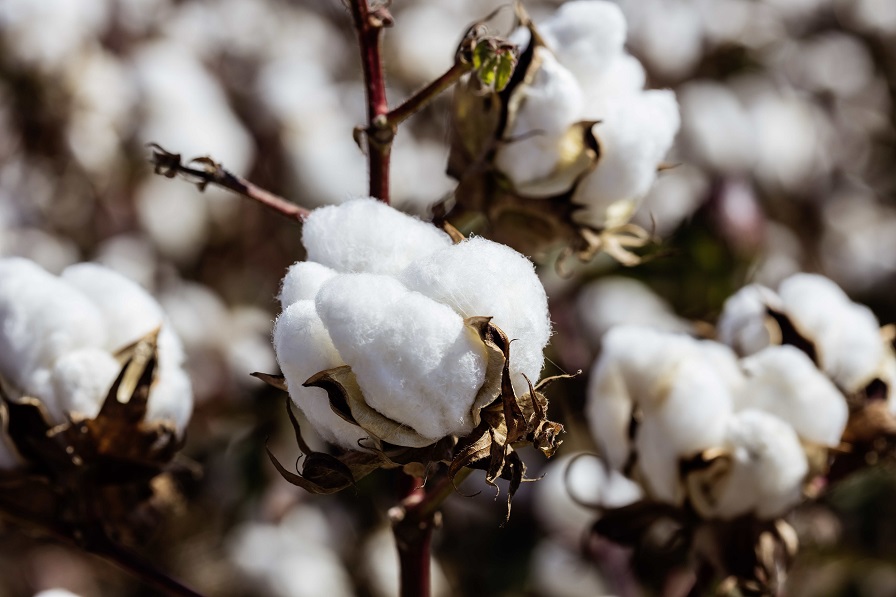Monsanto, BASF Announce Expansion of Partnership
The world’s largest plant biotechnology collaboration just got larger. BASF and Monsanto Company have announced an expansion of their joint efforts to develop higher-yielding and stress-tolerant crops to
include a fifth crop, wheat.
The collaboration that was established in 2007 includes cotton, corn, soybeans and canola. In the original collaboration, the two companies dedicated a joint budget of potentially $1.5 billion; the new
agreement will result in a potential additional investment of more than $1 billion by the companies over
the life of the collaboration.
“Our yield and stress collaboration with BASF already has brought forth so many promising leads, the first of which we’ll see on farm in coming years with our first-generation drought-tolerant corn,” said Robb Fraley, Monsanto’s chief technology officer. “When I look at the promise Monsanto’s unmatched pipeline holds, and the potential for the discovery work in progress at both our companies,
The announcement is excellent news for farmers around the world.”
“BASF Plant Science is dedicated to discover genes for maximizing yield in crops that will be brought to farmers through partnerships. The collaboration with Monsanto was not only the first agreement that we entered, it also represents our most significant partnership, covering several large row crops,” said Peter Eckes, President of BASF Plant Science. “
The terms of the original collaboration continue, with each company maintaining independent trait discovery programs, nominating from those programs specific candidate genes to advance for accelerated joint development. Projects will be jointly funded through each phase of development, and
products that emerge from the joint development will be commercialized by Monsanto. The profits associated with commercialized products will be shared, with Monsanto receiving 60 percent of net
profits and BASF receiving 40 percent of net profits.
According to some estimates, the world’s booming demand for food, feed, fibers and fuel will require a doubling of the world’s agricultural production. BASF and Monsanto are strongly committed to providing farmers with plant biotechnology solutions that allow them to increase output while remaining good stewards of their land. After three years of jointly developing products that, in field testing, have shown significant yield increases in cotton, corn, soybeans and canola, the companies are confident that they can also help farmers meet the growing long term demand for wheat.
Around 2012, the companies expect to introduce the world’s first genetically modified drought-tolerant
corn, pending regulatory approvals.









